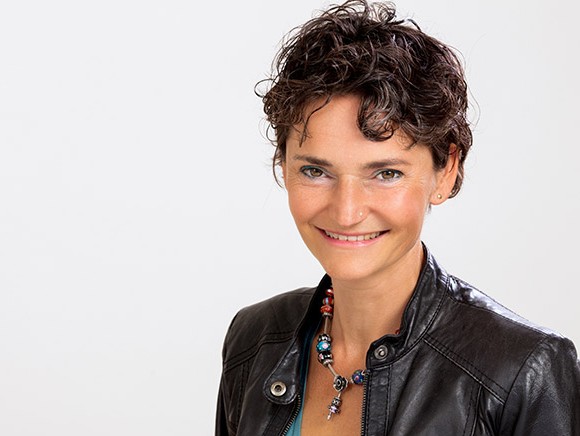
He’s hanging out on the sofa, cell phone in hand. Me: “Turn the light off in your room. And clean up the food you left on the counter: if the ham stays out of the refrigerator for that long, we’ll have to throw it away soon. Don’t you have any homework?” “Think about your future,” I think to myself. But I don’t say that anymore. Without looking up or around, he mumbles back the standard: “In a minute.” This generation and their future children are the ones we are doing it for: sustainably enterprise. The goal: saving the world.
Separating waste, cleaning up breakfast tables, taking shorter showers, turning off lights in the rooms you aren’t in: Making teenagers energy-conscious and aware of the environment is not that easy. To a certain extent, I get it. It takes effort and what do you get for it? The teenage brain is incredibly sensitive to rewards. Businesses are a bit like teenagers. There is a lot of short-term thinking involved. “Why invest tons of money into something that does not immediately benefit my business? What is my reward? A lower energy bill, you say? Wait a second, I’m listening!
The national government is taking many measures to decrease CO2 emissions. Starting in 2050, consumers will no longer be able to cook or start up the fireplace with natural gas. That can only be done with sustainable systems. The teenage brain just sighs: “2050? That’s a really long time! I’ll do it later.” The adult perspective: “Yikes. That is really soon. We have to do something about it now.” The fact that entrepreneurs have teenage tendencies has also been evidenced by the procrastination regarding the new privacy legislation: in spite of a 2-year transitional period, many businesses are not yet GDPR ready.
Fortunately, there are many great things about children growing up. Teenagers are known for their poor ability to assess risks. However, that also makes them enterprising, curious, and willing to try new things. These are qualities that we have to cherish and nurture. They are the foundations for innovation.
If we want to continue feeding all the mouths across the world, then we have to look farther ahead. We have to innovate. We have to design energy-efficient systems and find new sources of protein. These can all yield a great deal. The cultured hamburger comes to mind. Its developer Mark Post who knew it was possible, never gave up, found investors and can now scale up production. He expects that cultured meat will be on the market for $10 per kilo in about two years. About two years!
Now get up off the sofa.
Judith Witte
Source: © Vakblad Voedingsindustrie 2018